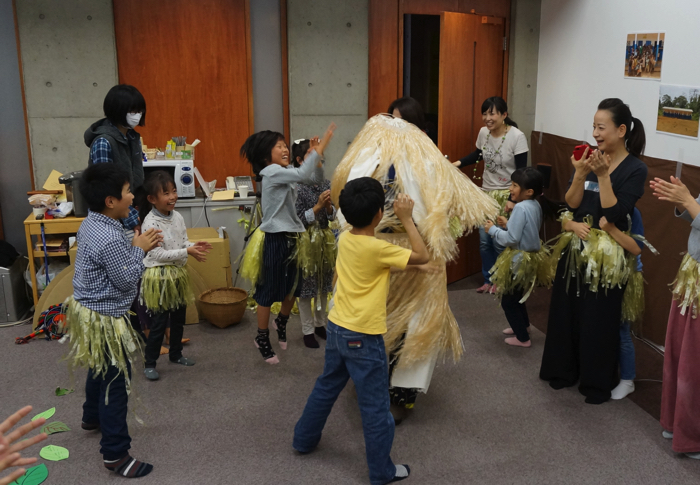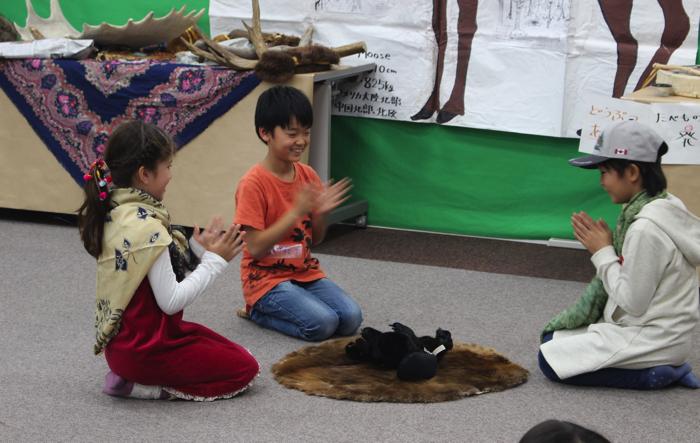- Project Leader : Iizuka Noriko(Kyoto University, Center for Southeast Asian Studies)
- Collaborators : Oishi Takanori (Tokyo University of Foreign Studies, African Studies Center)
- : Sonoda Koji (Osaka University, Graduate School of Letters)
- : Yamaguchi Mikako (Hokkaido University, Faculty of Regional Studies)
- : Seki Yuji (National Museum of Ethnology, Research Department)
- : Nagaoka Shinsuke (Kyoto University, Graduate School of Asian and African Area Studies)
- : Sakamoto Ryota (Kyoto University, Center for Southeast Asian Studies)
- : Tanaka Ayana (Kyoto University, Graduate Shool of Asian and African Area Studies)
- : Kobayashi Mai (Research Institute for Human and Nature, Research Department)
- : Shimamura Ippei (The University of Shiga Prefecture, School of Human Cultures)
Outline of Research
This study will explore the potential of Performance Ethnography in the field of Area Studies, particularly its ability to facilitate the representation of research results and represent nonverbal matters. Expressing and transmitting somatic and intuitive experiences that fieldworkers encounter during field research, we empirically examine a methodology that proactively recapitulates the area of study through a process of mutual action where citizens and children propose, interpret, and re-interpret the area.
Description
As societies and cultures rapidly change due to population migration and the development of cities, how to re-evaluate specific regions becomes an important social issue. In this research, we represent the living world by using performance ethnography that utilizes material things, actions, theater methods, and so on, instead of text. This makes it possible for the general public and children, who have not been involved in area studies in the past, to construct their own independent meaning based on their own abilities and experiences, rather than receiving local knowledge that has been given meaning by researchers as externalized knowledge.
The purpose of this project is to explore the possibility of area research through performance ethnography. Specifically, it demonstrates how people who participate in workshops that artificially rebuild the living world of other regions, such as of indegenous people in Canada and hunter-gatherers in central Africa, independently interpret and make sense of the region. During such workshops, we will analyze structured conversations and actions, and regional researchers will consider what kind of further interaction is possible.
With the above process, while presenting a new educational methodology about regional understanding, it is possible to open the door to new perspectives on regional research methodology.
 Workshop to know hunter-gatherers in Africa, “Let’s play in the forest where elephants live” |
 Workshop to know indigenous people Kaska in Canada, “How to talk to animals” |
